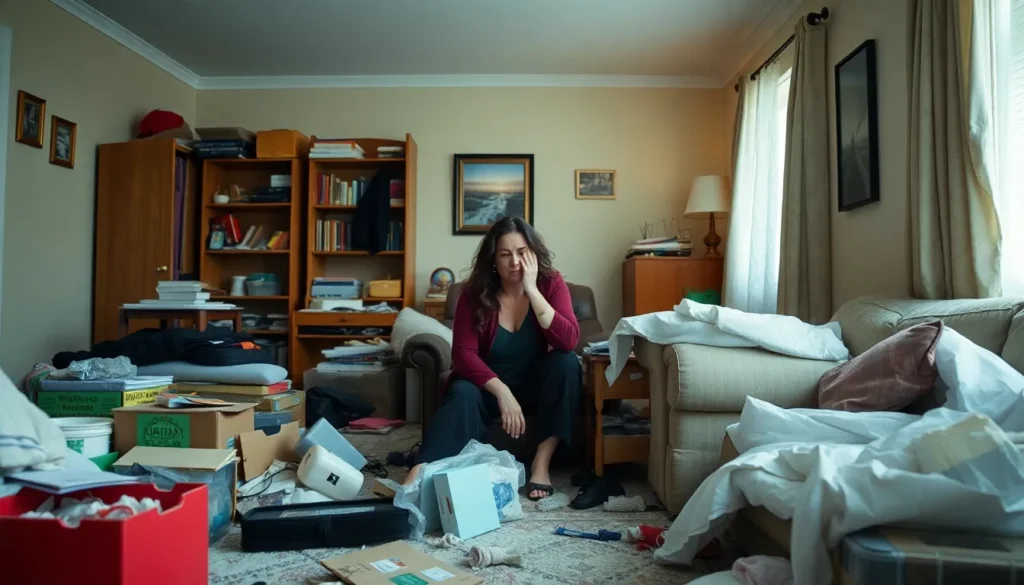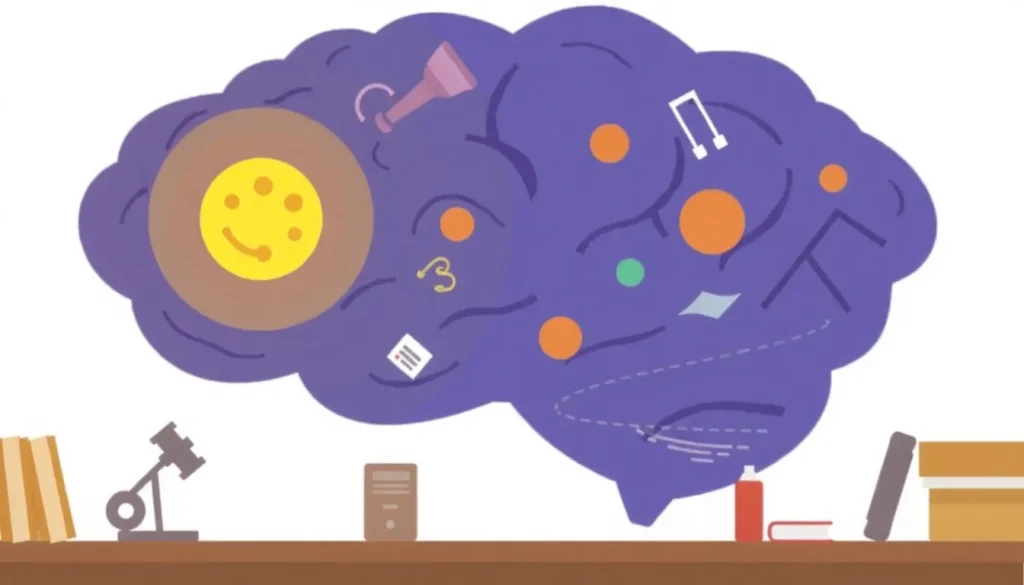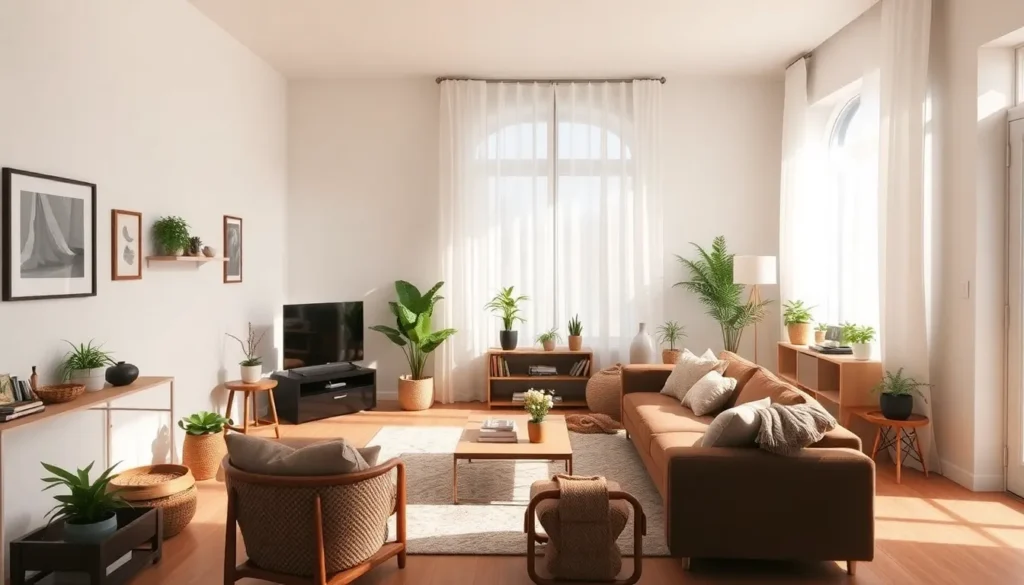Have you ever noticed how a cluttered space makes you feel overwhelmed or anxious? The connection between clutter and mental health goes deeper than just messy rooms. Understanding this link helps you take practical steps toward a calmer, more focused life.

How Clutter Impacts Your Mind and Emotions
Clutter creates visual chaos that your brain struggles to process. As a result, it increases stress and decreases your ability to focus. Many people report feeling mentally exhausted or distracted when surrounded by disorder.
Furthermore, clutter can lead to feelings of guilt or shame, especially if you struggle to maintain a tidy home. This emotional weight adds to anxiety and can even affect sleep quality. Thus, recognizing clutter’s emotional impact is the first step toward change.
By acknowledging how clutter affects your mental health, you can motivate yourself to create a more peaceful environment.
Practical Ways to Reduce Clutter and Improve Well-being
Start small by tackling one area at a time. For example, clear your kitchen counters or organize a single drawer. This manageable approach prevents overwhelm and builds confidence.
Next, develop daily habits like tidying up for ten minutes before bed. Over time, this simple routine keeps clutter from piling up and maintains mental clarity.
Also, consider donating or recycling items you no longer use. Letting go creates space physically and emotionally, offering a fresh start for your mind and home.

The Science Behind Clutter and Mental Health
Research shows that clutter activates the brain’s stress response, releasing cortisol and making it harder to concentrate. Therefore, a messy environment can lead to chronic stress and even depression if left unmanaged.
Additionally, clutter often signals unfinished tasks, which keeps your mind in a constant state of alertness. This mental load drains energy and reduces productivity.
Understanding these effects helps you realize why clearing clutter isn’t just about aesthetics—it’s a vital step for mental well-being.

Common Challenges When Decluttering and How to Overcome Them
Many people feel attached to their belongings, making it hard to let go. Emotional ties or fear of needing something later often cause hesitation. However, remember that keeping only what adds value frees your mind and home.
Another challenge is procrastination. Breaking tasks into smaller, timed sessions can prevent burnout and increase motivation. For example, setting a 15-minute timer to organize a shelf makes decluttering feel achievable.
Finally, don’t hesitate to ask for help. Friends or professionals can offer support and fresh perspectives that make the process easier.
Maintaining a Clutter-Free Space for Long-Term Mental Health
Once you declutter, establish habits to keep your space tidy. For instance, put items away immediately after use and regularly review possessions to prevent accumulation.
Also, create dedicated storage solutions to ensure everything has a place. This organization reduces the likelihood of clutter creeping back in and promotes calm daily living.
Moreover, balance your space with elements that bring joy, like plants or meaningful decor. These touches enhance mental health by making your home a sanctuary.

Clutter and mental health are closely connected. By understanding this relationship and taking intentional steps to declutter, you can boost your mood and mental clarity. Start today and transform your space into a place of calm and focus.
If you found this article helpful, share it with friends who could benefit from a clutter-free home. Explore more tips on Organization & Cleaning and Home Decor to inspire your journey toward a peaceful living space.
